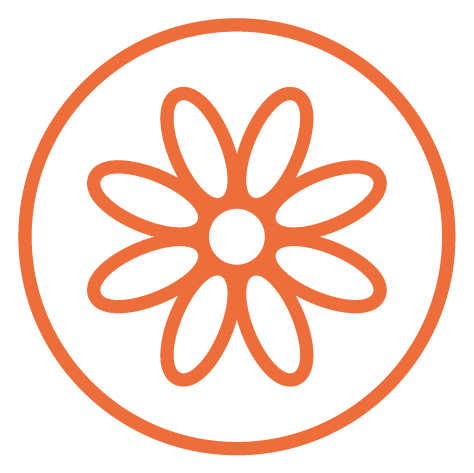What Is IBS?
Posted 18th of March 2021 by Bay Whitaker

What is IBS?
More than £12 million people in the UK suffer from irritable bowel syndrome (IBS) a functional disorder of the bowel. I recently met Alison Reid, chief executive of The IBS Network, the national charity supporting people living with the condition. We had an interesting discussion about the connexions between stress and anxiety, and IBS. I asked Alison to explain briefly what IBS is, and this is what wrote..
IBS is the name given to a longstanding illness consisting of frequent abdominal discomfort and bowel symptoms that cannot be explained by any other disease.
What causes IBS?
There is no specific cause for IBS. But the most common risk factors are an attack of gastroenteritis, a traumatic or upsetting event, and courses of powerful antibiotics.
Symptoms
Symptoms can include abdominal pain, bloating, increased flatulence, diarrhoea, constipation, mixed diarrhoea/constipation and passing mucus. Other symptoms include lethargy, nausea, backache and bladder symptoms. IBS is a very individual condition and symptoms will vary for each person.
What can trigger symptoms?
Triggers can be a combination of the food that we eat and the amount of stress in our lives. Eating foods high in fat, consuming alcohol, large portion sizes, eating too much fruit and vegetables, fizzy drinks, and high fibre foods may trigger IBS symptoms.
Not getting enough sleep, eating on the go, rushing meals and having an erratic eating pattern may also cause someone to have an IBS flare up.
Get a diagnosis from your doctor
If you are experiencing IBS symptoms, it’s important that you speak to your GP.
Do not start to treat what you think might be IBS before receiving a diagnosis, as you may be at risk of other conditions with similar symptoms, going undiagnosed, such as Crohn’s, Ulcerative Colitis or Coeliac.
If you are diagnosed with IBS, ask your doctor to refer you to a registered dietitian. Whilst waiting for your appointment, try to identify your triggers. The IBS Network has a 12-week wellness diary and online symptom tracker to help you identify and manage your symptoms.
How to treat IBS
There is no cure for IBS and no one treatment that works for everyone. The key to living well with IBS is good self-management. Once you have a better understanding of what is happening in your body you will be able to explore what treatments work best for you.
Treatments include dietary and lifestyle changes; psychological therapies (talking therapies); and medications (see your GP or pharmacist for advice). These may be used together or on their own depending on the possible cause and severity of your IBS.
For information, advice and support with your IBS, contact The IBS Network, the national charity for people living with the condition.
Dietary and lifestyle guidance
Here are some changes you could try, one change at a time.
- Reduce high fat, processed and reheated foods, such as chocolate, butter, cream, cheese, fried foods, cakes, pizza and burgers.
- Increase your fluid intake – try to drink between 1.5 and 2 litres of fluid a day. All fluid intake apart from alcohol counts.
- Reduce caffeine intake found in coffee, tea, chocolate, fizzy drinks and some medications. Exchange for decaffeinated drinks or try herbal teas.
- Chewing gum could contribute to extra wind/bloating. It may also contain sweeteners such as sorbitol which may have a laxative effect.
- Limit high fibre foods, such as wholemeal bread, whole-wheat cereals, brown rice and pasta.
- Reduce gassy bloating foods such as sprouts, cauliflower, onions, garlic beans pulses and fizzy drinks.
- Limit fruit to three portions a day.
- Adding up to a tablespoon of linseed a day to your food (yoghurt, cereals) drinking extra water with it (150mls) may help to soften your stools.
- Probiotics – try one for four to six weeks and if you see an improvement continue to take.
- Eat regular meals – don’t leave large gaps between meals and make time to eat.
- Take time to relax.
- Increase your activity levels, such as going for a brisk walk.
